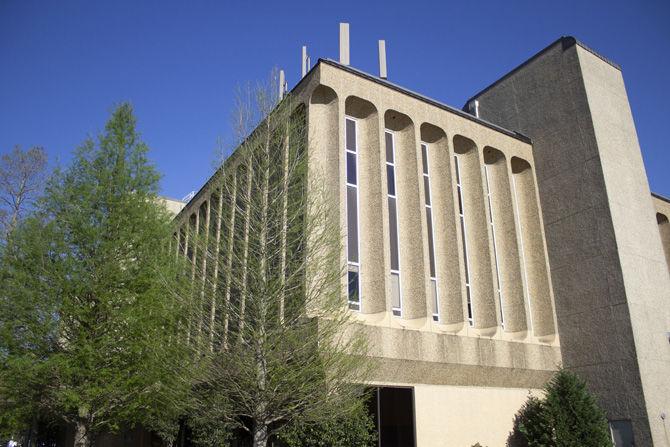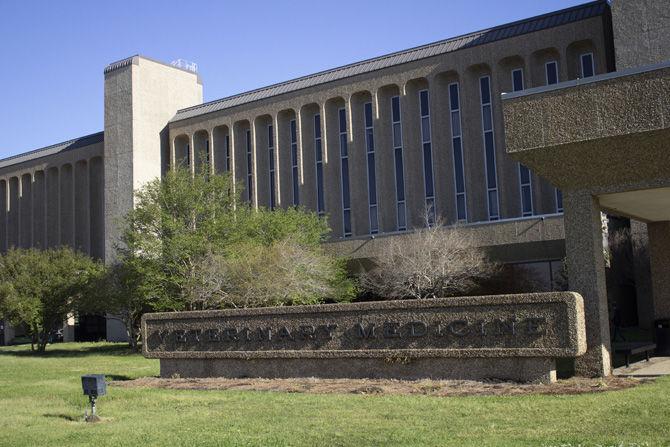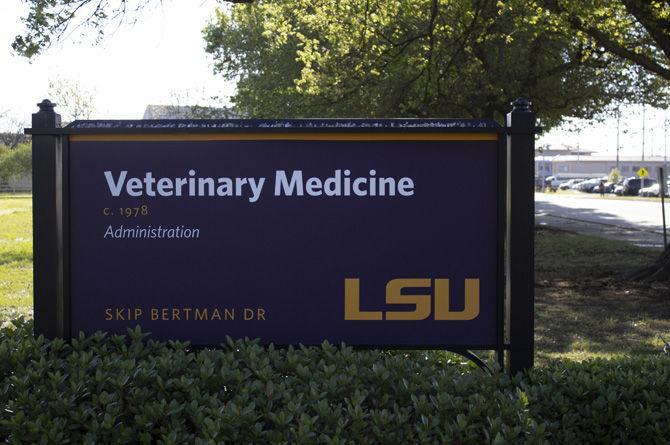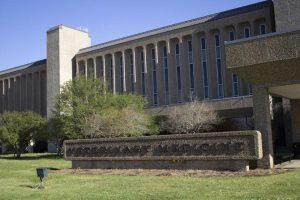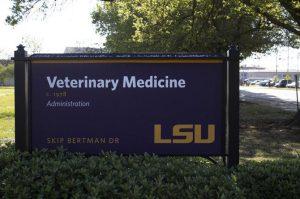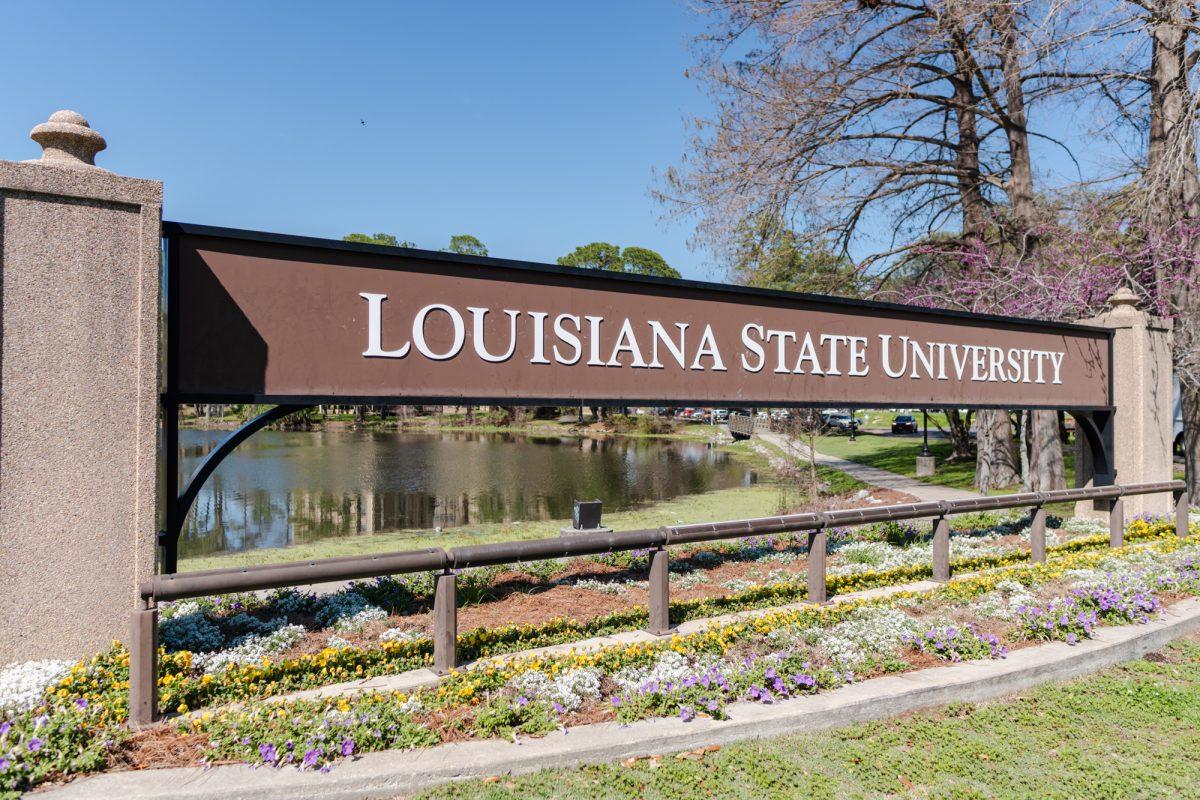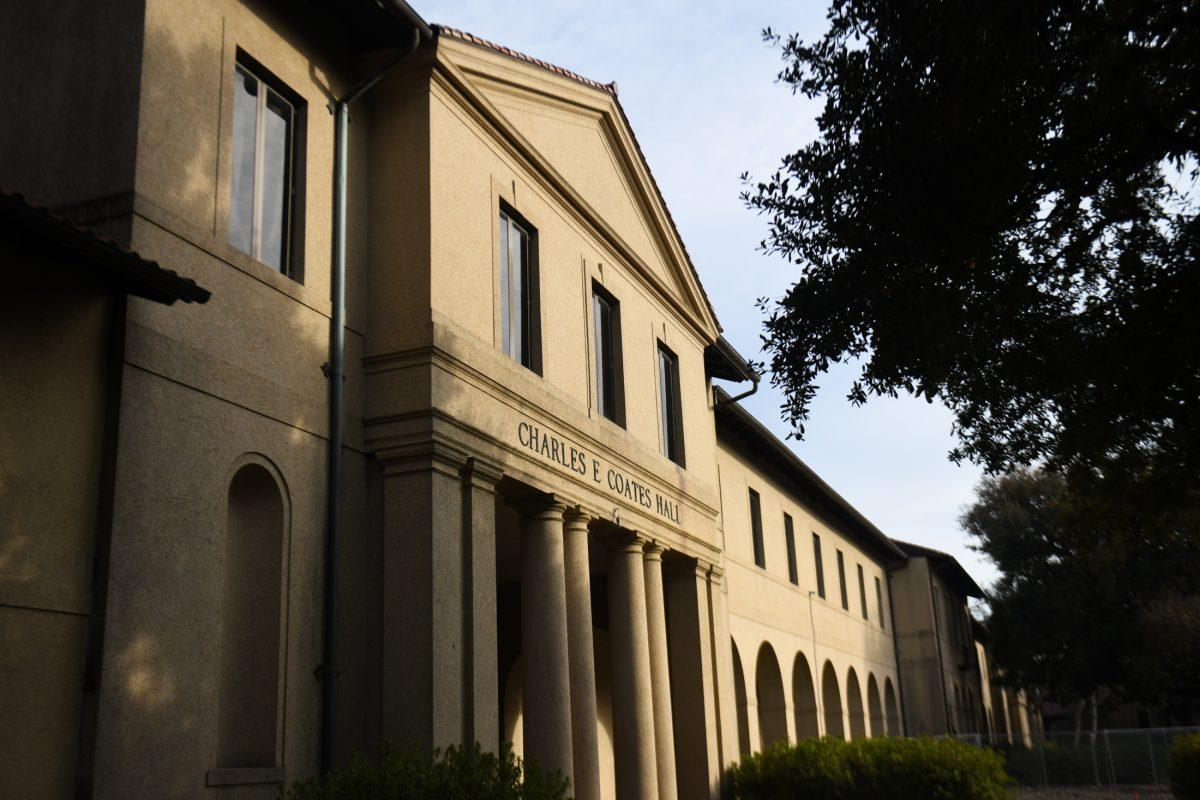The University’s School of Veterinary Medicine paid faculty member Fang-Ting Liang over $400,000 in salary and benefits for nearly three years, according to a state audit. Liang was an associate professor of pathobiological sciences within the School of Veterinary Medicine but did not work for a 38-month period in which he continued receiving a paycheck.
The School of Veterinary Medicine did not take sufficient action to address the faculty member’s lack of performance, according to the state audit.
Liang’s faculty supervisor has been removed and replaced with an interim chair as a result of the incident, but Liang is currently still listed in the faculty directory and maintains an office located on campus as well as an LSU email address. LSU has initiated disciplinary action against Liang, but the process will not be completed until September 2019, according to the state audit.
“We agree with the finding that the faculty member knowingly failed to perform his duties for LSU for a significant period of time,” said Dean of the School of Veterinary Medicine Joel Baines in a letter to Louisiana State Legislative Auditor Daryl Purpera.
Baines later said the situation was complicated by Liang’s status as a research-only faculty member. Findings from the state audit concluded he did not work for part of 2015 and all of 2016 because he failed to corroborate his activities.
“It cannot be ascertained easily whether the faculty member was working from home, except from his own reporting,” Baines said.
In addition to removing Liang’s supervisor, a review is currently underway at the School of Veterinary Medicine to determine whether there are other research positions in need of increased oversight. Research professors will be required to attend certain University events and have the responsibility to teach graduate or Veterinary students. These measures are intended to increase accountability, as the research professors must frequently be present on campus in order to teach classes and will be subject to student reviews. The estimated completion date of the new policies is June 30, according to Baines.
Liang readily admitted to accepting the compensation despite not producing any research. He had also not been to the University in so long, he said he could not recall where his office was located.
“If LSU has decided to stop paying me, they could have decided to stop paying me at anytime,” Liang said. “I never asked for money from LSU.”
Liang said the University took money from his account in September, but he still received a paycheck as recently as last week.
Liang said the majority of his work is conducted outside of the University at home. He alleged other reports released regarding the incident as false. Although he had not completed any research projects recently, he said he has continued working diligently on his projects on his own time.
Liang sent an email to Baines on Oct. 25, defending his research and addressing his denial of a promotion. In the email he stated, “I did have a very busy year” and said he “worked days and nights with little rest, seven days a week.”
Liang said he brought $3,000,000 of research during his first year at the University, and he was certain he would have brought in more if he had been given more funding. He attributed his lack of funding to his 2014 promotion denial.
“I have never stopped doing science and I will not stop,” Liang said.
Toward the end of the letter, Liang addressed his lack of a promotion saying, “How can I ensure I will receive a fair review in this poison environment created against me?”
Liang also said he was paid for the first four years after he came to LSU solely from research funds he brought in from Yale.
“I never complained that LSU did not pay me for my 48 months of service,” Liang said.
Liang said in an email to Executive Assistant to the Executive Vice President and Provost Emily Hatfield on Dec. 4, that he reported a misconduct in his promotion four years ago and never received a response.
Liang’s report said he had expressed his opinion that a colleague who had a similar number of publications was accepted by journals with higher impact, and that opinion shared in confidentiality was then leaked to the colleague in question. Liang said the comment against his colleague had been “buried in his brain” ever since then and believes it is responsible for the colleague voting against his promotion.
Liang called the leaking of his comment an “ethics violation” that is “disgraceful.”
Baines responded to a follow up on the complaint on Feb. 21 saying, “the University will take this into account, but will also consider the freedom of any faculty member to express their opinion.”
If the University chooses to press charges against Liang, he will be charged with a felony due to the amount of money involved.
Ginger Guttner, communications manager for the LSU School of Veterinary Medicine, said the School of Veterinary Medicine has inserted safeguards to ensure nothing like this will occur again. She said the findings of the state audit show “poor management” and “abuse of the public trust citizens place in us.”
“LSU employees are held to the highest standards, and these actions do not represent our missions and values,” Guttner said. “We do not take this lightly, and citizens can be assured that LSU is taking swift action while adhering to due process.”
LSU School of Veterinary Medicine faculty member paid $400k without working
By Anna Jones
March 26, 2019
The LSU Veterinary Teaching Hospital is located on Skip Bertman Drive & River Road, Baton Rouge on Tuesday, March 26, 2019.
More to Discover



